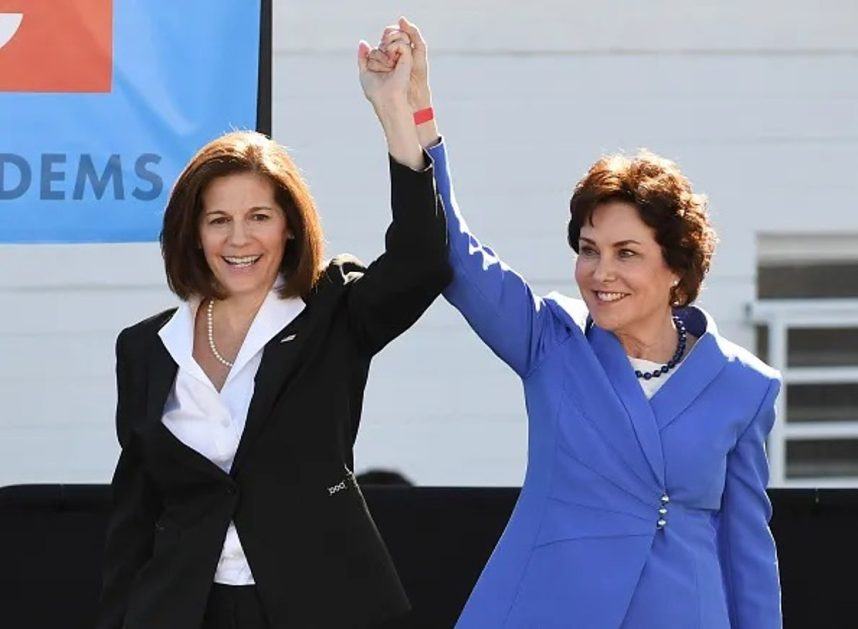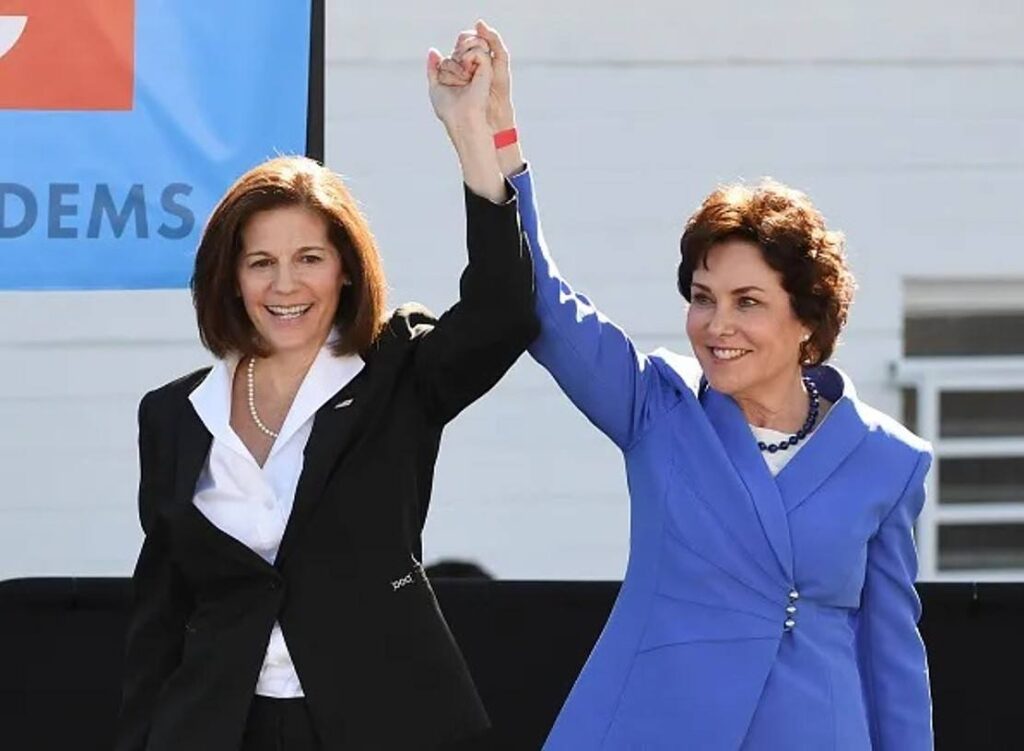Posted on: July 17, 2024, 03:58h.
Last updated on: July 17, 2024, 03:58h.
It’s rare to find Nevada’s two Democratic senators agreeing with Republican presidential candidate Donald Trump on any issue. But Catherine Cortez Masto and Jacky Rosen have signed onto a bill first suggested by Trump during a Las Vegas rally in June, becoming its first Democratic co-sponsors in either chamber.

“When I get to office, we are going to not charge taxes on tips,” Trump told thousands of his supporters in Las Vegas’ Sunset Park.
Trump later explained that he got the idea from a cocktail waitress.
The “No Tax on Tips Act” was introduced by Sen. Ted Cruz (R-TX) on June 20. It was initially co-sponsored by Senators Steve Daines (R-Mont.), Rick Scott (R-Fla.), and Kevin Cramer (R-N.D.).

Tipping Point
The bill has gained the support of industry groups including the National Restaurant Association and Las Vegas’ powerful culinary union — although Local 226 initially dismissed Trump’s announcement as a “wild campaign promise.”
“Culinary Union applauds Sen. Rosen, a former Culinary Union member and tipped worker, and Sen. Cortez Masto for joining bipartisan legislation to provide relief to hospitality workers in Nevada,” said the union’s secretary-treasurer, Ted Pappageorge, in a statement.
The heavily service-weighted casino industry is Las Vegas’ largest employer by far, providing approximately 300K jobs, according to the US Bureau of Labor Statistics.
“Nevada has a higher percentage of tipped workers than any other state, and getting rid of the federal income tax on tips would deliver immediate financial relief for service and hospitality staff across our state who are working harder than ever while getting squeezed by rising costs,” Rosen said in a statement.
Both senators issued statements explaining that this bill was only one part of a multi-pronged strategy to reward tipped workers more fairly for the hard work and long hours they put into their jobs.
The other parts — raising the federal minimum wage and more stringent enforcement of the tax codes against corporations and the uber-wealthy — are highly likely to achieve bipartisan support.



